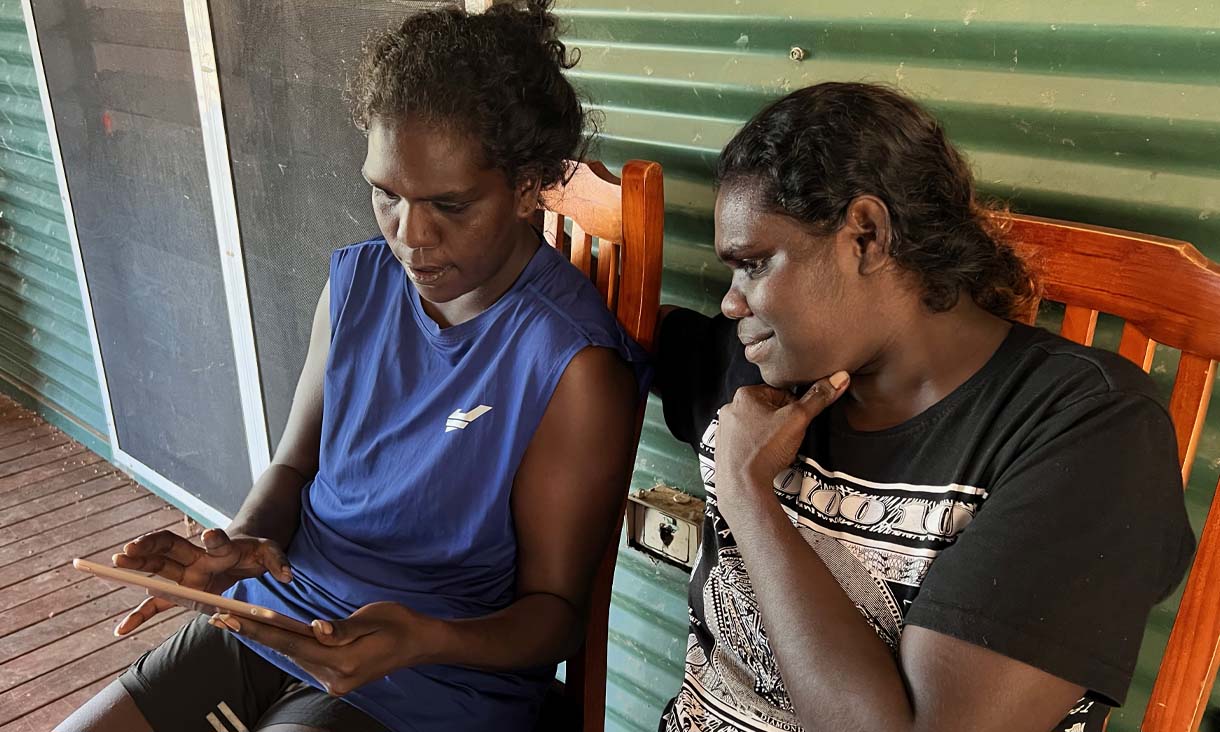Dr Nicola Willand, Senior Lecturer, School of Property, Construction and Project Management
Topics: Utilities, low income, rising cost of living, energy bill relief
“The burden of domestic energy costs is rising, but it is not rising evenly. Low-income households are paying a larger share of their income on energy bills.
“They are also more likely to compromise on heating or cooling in their home, which may lead to physiological, mental and social health problems.
“The Federal Budget announcement of electricity bill relief payments demonstrates a welcome strategy to tackle energy vulnerability, but does not offer continued relief.
“Targeting of the energy bill relief to welfare recipients overlooks households in ‘hidden energy vulnerability’ with earnings just above the welfare income threshold, and other struggling households who are not captured in the welfare system.
“The focus of the announced income support on electricity bills also overlooks the rising cost of gas prices, which may be the largest bills this winter for households living in colder climates.
“For sustained relief, more support is needed to increase the uptake of solar photovoltaic panels among less-wealthy households.
“Retrofits of poor performing homes promise sustained resilience to power price increases, as well as carbon emission reductions and health benefits.
“These individual health benefits can have flow-on effects on the public health system and budget.
“Yet the uptake of retrofitting, such as solar panels, is occurring unequally – with Australia’s low-wealth homeowners and renters falling behind.
“Renters are more likely to struggle with energy bills than owner-occupiers. However, in 2019-2020, only 6 per cent of renters had access to free electricity from solar photovoltaic panels compared to 30 per cent of owner occupiers.
“Renters tend to live in less energy-efficient homes than owner-occupiers. Renters may also be missing out on draught proofing and lighting upgrade subsidies.”
Dr Nicola Willand is a lecturer at the School of Property, Construction and Project Management at RMIT University. Her research has contributed to a better understanding of residential energy efficiency and health as a socio‐technical system.
Dr Trivess Moore, Senior Lecturer, School of Property, Construction and Project Management
Topics: retrofitting, poor quality housing, low carbon
“Existing housing in Australia is not fit for a low carbon future.
“Poor performing housing means higher energy use for heating and cooling. Not only is this bad for the environment, but it’s also bad for our wallets in a cost-of-living crisis.
“Many Australian homes were built before the introduction of minimum performance standards in the 1990s and before national standards were introduced in the mid-2000s.
“Around 10.8 million existing homes will need to undergo deep retrofit between now and 2050. That is a deep retrofit of 47 homes each hour until 2050.
“Government action is needed to bring Australian homes up to standard. Our research shows homeowners may do small, one-off retrofits, rather than deep retrofit.
“Others are unable to make these changes due to living in rental housing, where landlords may not be inclined to invest. The average person also lacks knowledge of what needs to be done.
“A national, funded approach could reduce barriers to improving Australia’s housing quality.”
Trivess Moore is a Research Fellow at RMIT University working in the School of Global, Urban and Social Studies and the School of Property, Construction and Project Management.
Professor Ralph Horne, Associate Deputy Vice Chancellor, Research & Innovation
Topics: retrofitting, poor quality housing, low carbon
“There are five key reasons why government should act urgently, beyond the cash handout, to help Australians retrofit their homes:
- Prevention is better than cure. Retrofitting addresses the heart of the problem – high energy use homes – over the long term and is a responsible use of taxpayer money.
- Individuals lack the information and resources to adequately address this issue.
- Given the scale of the problem, there is an urgent need for Australia to scale up and catch up.
- Retrofitting should be seen as a national social investment, rather than only a private investment decision. After all, the housing stock will outlast current owners’ occupation of each home.
- Strengthening and developing retrofit capacity across the building industry provides a boost to industry and feeds into Australia’s net-zero ambitions.
“Integration across energy, environment, planning and home care support services will be important. Any funding would be best served by a coordinating authority.”
Professor Ralph Horne is Deputy Pro-Vice Chancellor, Research and Innovation for the College of Design and Social Context at RMIT University. He is interested in social and policy change to support sustainable urban development, and has a specific research interest in low carbon urban transitions, housing and households.
***
General media enquiries: RMIT Communications, 0439 704 077 or news@rmit.edu.au







